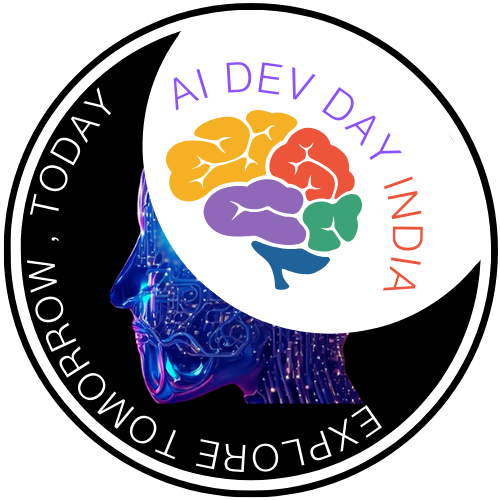The Surprising Reality of Meta's AI Shake-up
Beneath the surface of the layoff announcements, a deliberate and aggressive restructuring is underway. The details reveal a company doubling down on its most ambitious goals.
1. It’s Not Just Firing, It’s a Massive Talent Shuffle
The most counter-intuitive aspect of this reorganization is that it is not a simple reduction in force. While around 600 roles are being eliminated from established teams, including the respected Fundamental AI Research (FAIR) lab and other AI product and infrastructure units, Meta is simultaneously and aggressively hiring.
The key difference is where the talent is going. The cuts spare the newly formed "TBD Lab," which is focused on cutting-edge superintelligence research. This lab is actively recruiting top talent from competitors, with recent hires including OpenAI research scientist Ananya Kumar and Andrew Tulloch. This is a strategic reallocation of human capital, designed to concentrate the company's strongest talent on the high-stakes vision of superintelligence championed by CEO Mark Zuckerberg.

2. The Official Justification: They Want "Fewer Conversations"
The official rationale for the layoffs offers a surprising glimpse into the challenges of innovating within a massive corporate structure. According to an internal memo from Meta's Chief AI Officer, Alexandr Wang, the goal is to create a more agile and streamlined organization. "By reducing the size of our team, fewer conversations will be required to make a decision, and each person will be more load-bearing and have more scope and impact."
This statement is revealing, but it's only part of the story. The push for agility aligns with another of Zuckerberg's stated goals: to "accelerate the removal of low-performing employees." This adds a crucial layer of context. The reorganization is not just about eliminating bureaucracy; it's a deliberate cultural shift toward higher individual accountability to "fast-track superintelligence" by eliminating both organizational and performance-related drag.
3. A Legendary Research Lab Is Being Sidelined
A significant portion of the cuts is hitting the Facebook AI Research (FAIR) unit, a legendary institution established in 2013. For over a decade, FAIR was at the core of Meta's strategy, instrumental in democratizing AI by developing pivotal open-source models like Llama. Sidelining parts of this legacy team marks a profound strategic shift, especially given its timing. The move comes after a reorganization in June following a "poor reception for its open-source Llama 4 model" and the departure of key talent to rivals like OpenAI. It signals a pivot away from the company's successful history of broad, open-source research and toward a more singular, centralized, and high-stakes race for proprietary superintelligence.
4. This Isn't About Saving Money, It's a Multi-Billion Dollar Bet
To understand the true nature of this move, it's essential to look at the financial context. Meta is not in trouble; it is a monumentally profitable company with a market capitalization of $1.84 trillion and a reported net income of $13.47 billion in Q2 2024 alone. These 600 job cuts are financially negligible. Contrast this small reduction with the company's massive investment plans.
This is a calculated, high-stakes gamble, underscored by the company's publicly stated 60–65 billion capital expenditure plan for 2025, further bolstered by a recent $27 billion financing deal with Blue Owl Capital to fund its largest-ever data center project. With Mark Zuckerberg committed to spending "hundreds of billions" to achieve superintelligence, this restructuring is clearly an offensive play to dominate the future of AI, not a defensive cost-saving measure.





